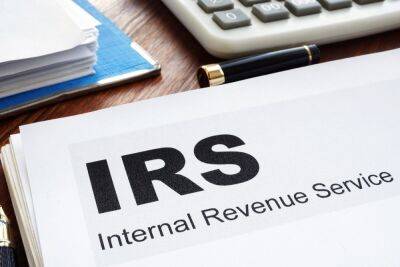P2E gamers, minors not any safer from the tax man, says Koinly
Modern parents are going to need to keep an even closer eye on their kids’ gaming habits, as some of them may be accumulating a hefty tax bill, according to a crypto tax specialist.
Speaking to Cointelegraph during last week’s Australian Crypto Convention, Adam Saville-Brown, regional head of tax software firm Koinly said that many don’t realize that earnings from play-to-earn (P2E) games can be subject to tax consequences in the same way as crypto trading and investing.
This is particularly true for play-to-earn blockchain games that offer in-game tokens that can be traded on exchanges and thus have real-world financial value.
Saville-Brown said he was approached during the convention by a father of a nine-year-old son, concerned that his boy was “making bank” from P2E games.
“The nine-year-old kid…is mining, staking, creating Youtube and TikTok videos to the point that his dad had to bring him here today because he’s generating so much income,” Saville-Brown recounted to Cointelegraph.
However, the treatment of P2E game earnings — at least in Australia — can be complex.
Koinly’s Head of Tax Danny Talwar explained that in Australia if one is playing a game to earn income — they are considered as “running a business” and could face a “complicated” tax situation, noting:
This is further complicated as the gamers could either be “playing these games as an investor” or “playing these games as a trader.”
According to the Australian Taxation Office, investors are subject to capital gains when they sell their assets, while traders doing the same thing would be seen as “trading stock in a business,” and thus any profits would be treated as ordinary income.
Talwar added that if users have “intentions to actually run as a business
Read more on cointelegraph.com cointelegraph.com
cointelegraph.com




